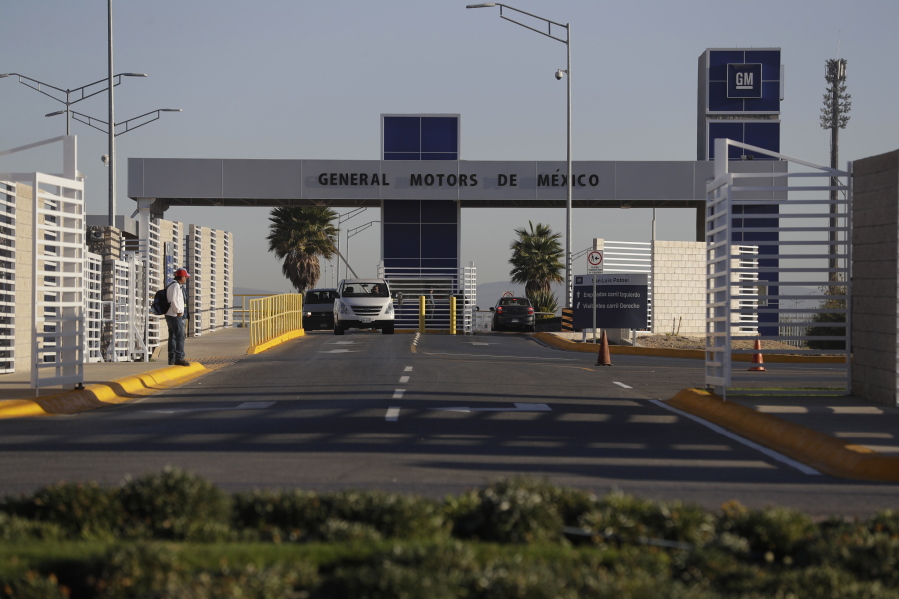DETROIT — Some of America’s most popular cars and trucks are made in Mexico — for now.
Many Americans have benefited from Mexico’s emergence as a production hub. Low-cost production helps keep prices lower on vehicles such as the Ford Fusion and Nissan Sentra.
But Mexico’s growing share of the auto market is a sore spot for President Donald Trump, who has threatened to impose border taxes on Mexican imports to force companies to make cars in the U.S.
Under the North American Free Trade Agreement, Mexico’s share of North America’s vehicle production has risen to 20 percent from 3 percent three decades ago. It’s expected to hit 26 percent by 2020, according to LMC Automotive, a forecasting firm.



